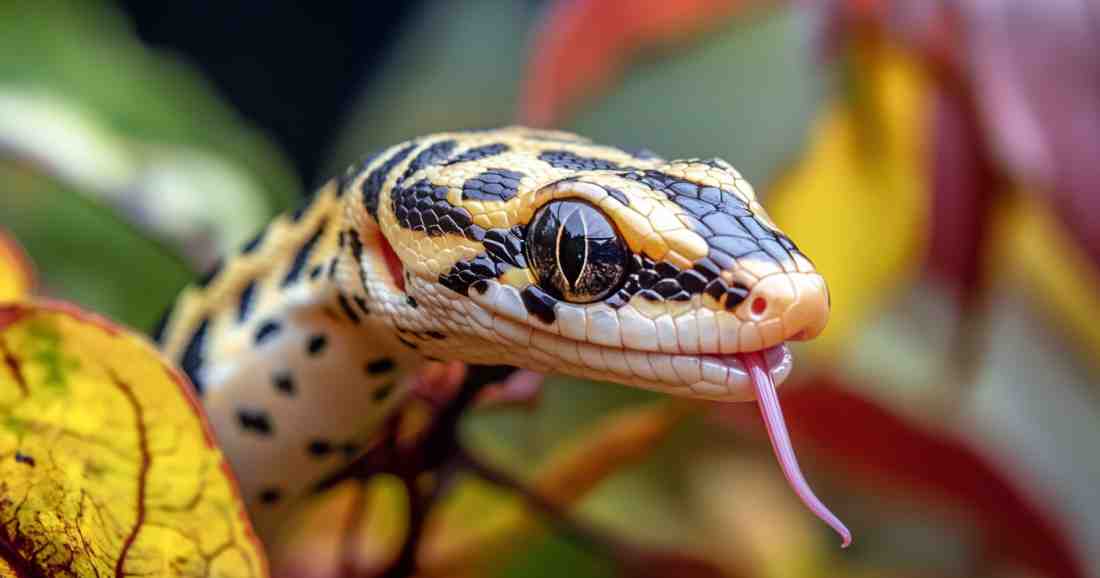
Find your perfect scaly companion with the insightful What Pet Reptile Is Right for Me Quiz, Discover Your Perfect Cold-Blooded Companion. What Pet Reptile Is Right for Me Quiz helps you find the ideal reptilian pet based on your lifestyle, experience level, and care preferences. Reptiles, from calm geckos to impressive snakes and turtles, come in many varieties, each with unique needs and personalities. Are you looking for a low-maintenance lizard, a striking snake, or a curious turtle? This quiz evaluates your habits, available space, and commitment level to recommend the perfect reptile for you.
Choosing the right reptile involves understanding their care needs, temperament, and habitat requirements. Some reptiles, like leopard geckos, are beginner-friendly and easy to care for, while others, like chameleons, require more specialized attention. Moreover, your lifestyle—whether you prefer an interactive pet or one that thrives with minimal handling—will shape your ideal choice. The What Pet Reptile Is Right for Me Quiz evaluates these factors to match you with the perfect scaly companion.
Exploring Popular Pet Reptile Options
Different reptiles reflect unique personality types and care needs:
- Leopard Gecko: Friendly, low-maintenance, and beginner-friendly. Ideal for those new to reptile keeping.
- Bearded Dragon: Social, interactive, and easy to handle. Perfect for families and beginners.
- Crested Gecko: Gentle, arboreal, and low-maintenance. Great for those who enjoy observing rather than handling.
- Corn Snake: Docile, curious, and easy to care for. Ideal for beginner snake enthusiasts.
- Ball Python: Calm, slow-moving, and easygoing. Perfect for those wanting a snake that enjoys handling.
- Blue-Tongued Skink: Friendly, intelligent, and easy to feed. Great for intermediate reptile keepers.
- Russian Tortoise: Hardy, herbivorous, and long-lived. Ideal for those preferring a land-dwelling reptile.
- Red-Eared Slider: Active, aquatic, and entertaining. Best for those ready to maintain a water habitat.
- Chameleon: Stunning, sensitive, and complex. Best for experienced keepers who enjoy observation.
- Green Iguana: Large, impressive, but challenging. Suitable for experienced owners with space for a large enclosure.
This quiz helps identify which reptile aligns with your lifestyle, experience, and care preferences.
How Lifestyle Influences Reptile Choice
Your daily routine, available space, and experience level play a crucial role in choosing the right reptile. Are you a beginner seeking an easy-to-care-for pet, like a leopard gecko or corn snake? Or do you enjoy more advanced reptile care, favoring species like chameleons or iguanas? Moreover, tank size matters—smaller reptiles like geckos fit compact spaces, while larger species need more room. This quiz evaluates these factors to recommend your ideal pet reptile.
Habitat and Care Requirements
Reptiles vary significantly in their habitat and care needs:
- Low-maintenance reptiles: Leopard geckos, corn snakes, and crested geckos thrive with simple enclosures and basic care.
- Moderate-care reptiles: Bearded dragons, ball pythons, and blue-tongued skinks require larger enclosures and regular attention.
- High-maintenance reptiles: Chameleons, green iguanas, and aquatic turtles need specialized setups and consistent monitoring.
This quiz assesses your time, experience, and space to match you with a reptile that fits your lifestyle.
Fun Facts About Popular Pet Reptiles
Did you know leopard geckos can “smile” due to their unique facial structure, making them one of the most expressive reptiles? Moreover, ball pythons are known for curling into a ball when feeling stressed, symbolizing their calm nature. Interestingly, bearded dragons wave their arms to communicate submission, while chameleons change color not just for camouflage but also to express mood. This quiz uncovers more fascinating facts while guiding your reptile choice.
Practical Tips for Reptile Ownership
Choosing the right pet reptile involves understanding their long-term needs and creating a suitable habitat:
- Choose the right enclosure: Size matters—geckos need smaller terrariums, while iguanas require large setups.
- Monitor temperature and humidity: Most reptiles need specific heat and humidity levels for optimal health.
- Provide proper lighting: UVB lighting supports bone health, especially for diurnal reptiles.
- Select a species based on handling preferences: Some reptiles, like bearded dragons, enjoy interaction, while others, like chameleons, prefer observation.
- Plan for long-term care: Many reptiles live 10 to 30 years, so ensure you’re ready for long-term commitment.
This quiz not only recommends the best pet reptile for you but also offers practical tips for responsible reptile ownership.
Take the What Pet Reptile Is Right for Me Quiz Now
Curious to find your perfect reptile companion? The What Pet Reptile Is Right for Me Quiz offers an engaging way to match your lifestyle, experience, and care capacity with the ideal scaly friend. Moreover, it provides practical insights into habitat setup, feeding, and ensuring long-term health. Ultimately, this quiz empowers you to make an informed decision, ensuring both you and your reptile enjoy a happy, healthy life together. Take the quiz now and discover which pet reptile is the perfect fit for you!
